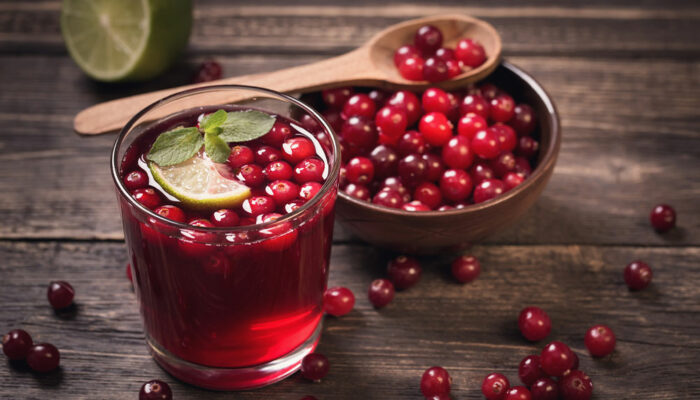
6 Food Tips for Managing an Overactive Bladder
Overactive bladder is a condition where one cannot control the urge to urinate and feels like emptying their bladder all day. Patients may also experience bladder leaks or incontinence if they don’t reach the bathroom in time. Doctors treat an overactive bladder with medication, physical therapy, and even surgery. However, eating healthy is also essential. Below, we’ve discussed the importance of nutrition in managing an overactive bladder and some valuable food tips.
Why is nutrition important?
Urine is the liquid waste generated when the kidneys purify and filter the blood. The urine gets collected in the bladder, and when full, our body gives us a signal, and we use the restroom to empty it. However, a person with an overactive bladder feels constant pressure in the bladder even when it’s not full. It could be because they’ve eaten something that’s irritated their bladder. Hence, avoiding foods that irritate the bladder and eating bladder-friendly foods can help manage the condition. Here are a few tips:
1. Avoid drinking coffee
Your morning cup of coffee can boost your mind and make you feel fresh. But overconsumption can lead to an overactive bladder. The caffeine in the beverage can irritate the bladder tissues and cause involuntary bladder contraction, increasing the urge to urinate.
2. Say “No” to artificial sweeteners
Who doesn’t love sweets? Candies, jams, jellies, puddings are our favorites – we just can’t resist. Unfortunately, these items are coated with artificial sweeteners that can make your bladder hyperactive and force you to make frequent trips to the bathroom.
3. Stock up on fiber-rich foods
Fiber-rich foods can help relieve pressure from the bladder by allowing free bowel movement. Legumes, beans, oats, raspberries are the best sources of fiber. You can also include whole grains in your nutrition plan to combat an overactive bladder.
4. Be selective with fruits
While some fruits, such as bananas, apples, grapes, and watermelon, won’t irritate the bladder, others can have the opposite effect. Fruits on the “Not to have” list are mainly citrus fruits like tomatoes, oranges, and lemon. The citric acid in them makes the urine acidic and irritates the bladder.
5. Get more vitamin D
Many people diagnosed with an overactive bladder have shown inadequate levels of vitamin D. So, include vitamin D-rich food like eggs, yogurt, fortified milk and cereals, salmon, tuna, mushrooms, and leafy greens in your meal plan.
6. Stay hydrated
Frequent urination can cause you to become dehydrated. At the same time, drinking too much water may increase the urge to urinate. So, try to strike a balance. Have at least one liter of water throughout the day. Drink a few sips frequently instead of drinking one full glass at one go.
Since there’s no specific meal plan for an overactive bladder and each individual may react differently to different foods, you must monitor your food intake. Maintain a food journal and note down what you eat and how frequently. You’ll identify what foods help over a while.



